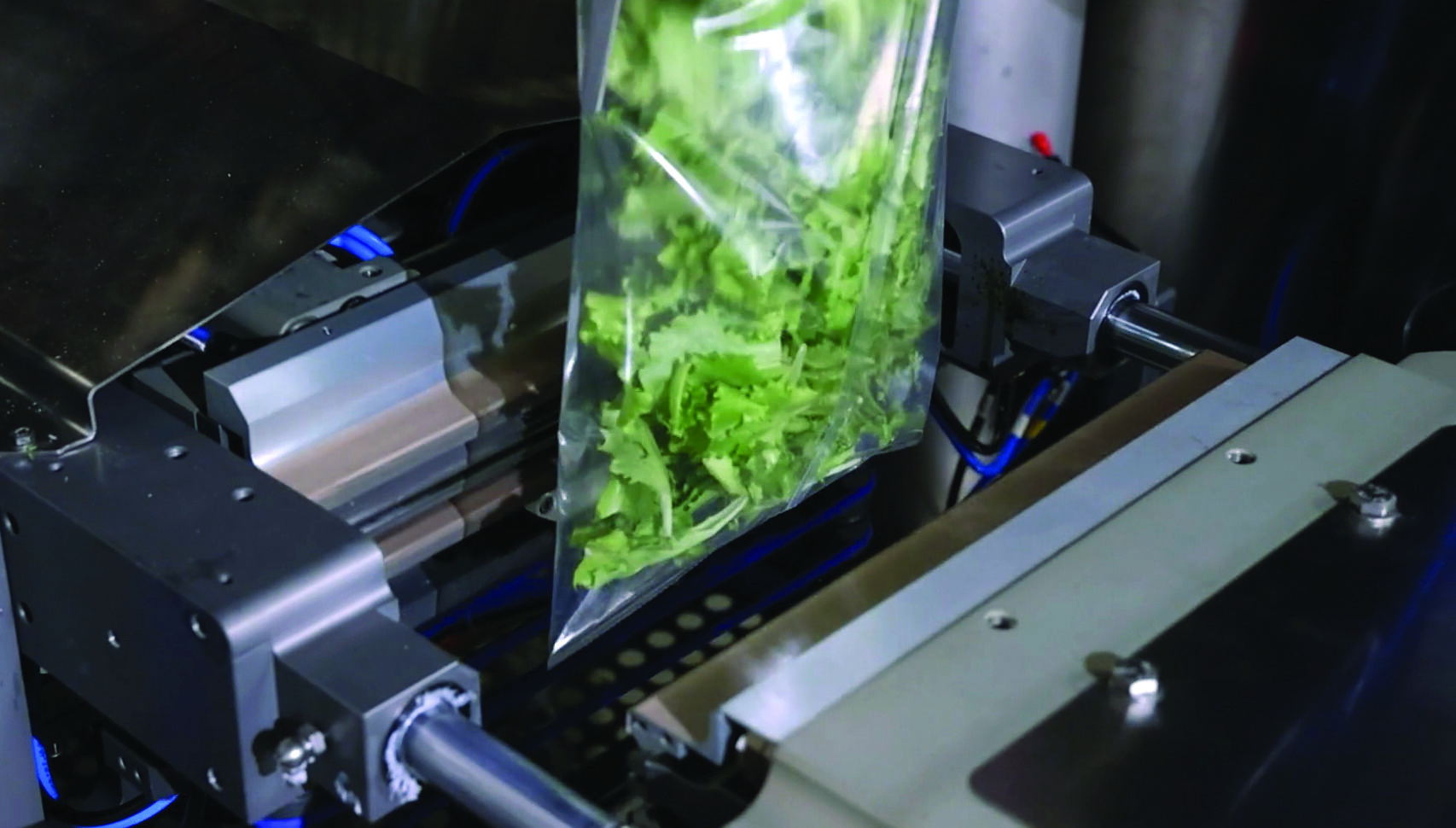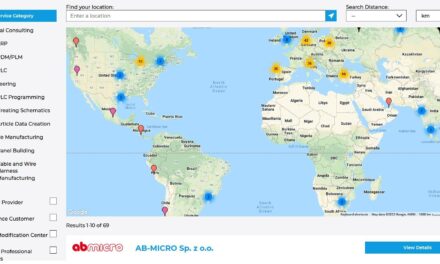In anticipation of an FMCG industry-wide shift towards recycled packaging in the coming months, IMA Ilapak is offering predisposition for ultrasonic sealing as an option on all new vertical baggers and using IMA’s state-of-the-art OpenLab facility to analyse and test new generation PP-based films.
From April 2022, the UK’s plastic tax will be levied on plastic packaging that contains less than 30% recycled plastic, as well as biodegradable and compostable plastics.
As this deadline looms, IMA FLX, the flexible packaging machinery hub, is predicting that FMCG companies will refocus their sustainable packaging efforts onto recyclable rather than compostable films.
This represents a paradigm shift in direction versus the last few years, and is in stark contrast to mainland Europe, where it’s all about compostable films.
Besides the impending plastic tax, the other major contributing factor is that the UK doesn’t have the industrial infrastructure to process large volumes of compostable films.

PP films poised
In another, closely related development, the announcement in May that the On Pack Recycling Label (OPRL) scheme is being extended to include PP films from January 2022 is set to shake up the recycled film space, predict IMA FLX and IMA Ilapak.
Until now, only PE films have been recycled via the front of store collections at the major supermarkets, andhave dominated recycled film development to date. However, one of the issues with PE films is that they have to be biaxially oriented (BO) to run on a flow wrapper, which negates the cost benefit that has always been a strong motivation to choose PE. In addition, switching to monolayer PE necessitates considerable modifications to the flow wrapper and the same high speeds cannot be achieved as with multilayer laminates.
Monolayer OPP films are cost effective and easy to run on conventional packaging machines, and now they are being reclassified as ‘recyclable’, making them an attractive option for food manufacturers. In this context, IMA Ilapak is convinced that PP films will become more prevalent in food packaging, potentially at the expense of PE based films.
“These predictions have come out of supplier discussions with the major retailers and they are turning a lot of our customers’ ideas on their heads,” says Tony McDonald, sales and marketing director at IMA Ilapak UK.
Paper will still feature as a ‘sustainable’ film option, as it has the benefit of being recyclable through kerbside collections in the UK, but widespread adoption of paper films will be limited by raw material availability going forwards, according to IMA FLX and IMA Ilapak.
Wet wipes go green
The trend towards recycled films is not just confined to the food industry. The wet wipes industry, which has been lambasted for its use of plastic, is keen to improve its sustainability record, and in the last couple of years, has graduated to recyclable films.
IMA OpenLab, which tests and analyses the processability of over 1000 new films a year at its proof of concept materials facility and manufacturing process intelligence centre, has been instrumental to this transition from non-recyclable PET/PE laminates to recyclable films such as laminated BOPE/PE. This has involved modifying its horizontal flow wrappers to cope with the different mechanical and thermal properties of BOPP versus PET/PE.
Now, following the expansion of the OPRL scheme, for those companies who haven’t already graduated to recyclable films, there is a compelling case to move to a PP-based film instead.
Anticipating emerging materials
Thanks to OpenLab, IMA FLX and IMA Ilapak are ahead of the curve in this respect. In-house materials scientists pre-emptively test new materials before they are even available on the market and work with equipment technologists to adapt packaging lines to be ready for the films of the future.
“Introducing a new film is a sizeable investment and can involve trial, error and a lot of downtime. Our OpenLab facility takes the pain out of testing new films and de-risks decisions to switch to new materials. For example, we are ready with a new laminated BOPP/cast PP for wet wipes as soon as the market is ready,” says Tony.
In recent years, IMA Ilapak’s R&D department has been continuously working on modifications to its flexible packaging systems to keep pace with sustainable film developments and to cope with less wrapper-friendly monolayer materials.
To guarantee uniform sealing of heat-sensitive paper films, IMA Ilapak utilises surface treated sealing jaws in conjunction with super-conductor technology, whilst a new patent-pending folding box prevents paper films from tearing.
To maintain high speeds whilst increasing the dwell time as is necessary when running monolayer PE films, IMA Ilapak has engineered different cams into its sealing jaws and developed a double-throughput twin-lane machine configuration that will be available to the bakery industry in the near future.
The future’s ultrasonic
Whilst modification of conventional heat sealing systems is one approach, the best solution to the challenge of adapting to new generation films is to seal ultrasonically, as this universal sealing technology can handle any film. Ultimately, IMA Ilapak predicts that all flow wrappers will adopt ultrasonic sealing systems, and can incorporate predisposition for ultrasonic sealing into the jaws of any vertical bagging system as a future-proofed solution for manufacturers.
On the horizontal side, most of the machines IMA Ilapak sells into the wet wipe industry have ultrasonic longitudinal sealing systems; the company’s Delta WW OF-HSX (where HSX stands for High-Speed ultrasoniCS) is a flow wrapper designed specifically for the wet wipes industry.



